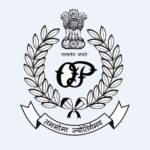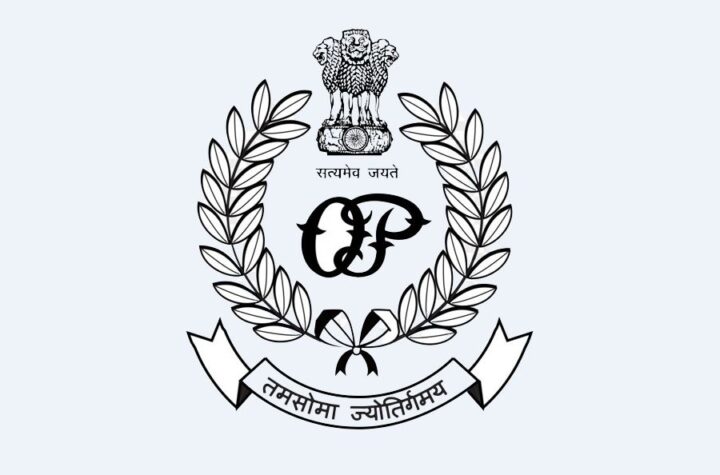After the Indian National Congress (INC) split in 1969, the faction that rebelled against the official group emerged as the claimant to the legacy of the party that led the independence struggle. In a short span of time, Indira Gandhi, who walked out of the official INC, became the face of the Congress whereas the Congress (Organisation) led by the party’s old guard faded away. In recent times in many states, splinter groups of the Congress have walked away with the vote base and legacy of India’s Grand Old Party. The 2021 assembly elections in West Bengal gave a double boost to Mamata Banerjee’s All India Trinamool Congress (TMC). Not only did the TMC inflict a crushing victory on the Bharatiya Janata Party (BJP) – the BJP won 18 out of the 42 Lok Sabha seats in the 2019 general elections and gave a huge scare to the TMC in the run-up to the 2021 polls – it also managed the vanquish other anti-BJP parties in the state. Both the Congress and the Communist Party of India (Marxist) or CPI (M) and its left allies did not get even one MLA in the new assembly. Now, as their leaders develop national ambitions, the Sonia Gandhi-led Congress will feel the squeeze. The split in Meghalaya Congress legislative party and the outflow of Congress leaders in Tripura, Goa etc into the TMC suggests a churn within the Congress. Her spectacular win in West Bengal assembly elections has pitchforked TMC chief Mamata Banerjee into national imagination as a potential leader of the Opposition. The disarray in the Congress since Rahul Gandhi quit as party president after the 2019 general election has influenced many Congressmen and opposition figures to discover a steely leader in Mamata. Two factors have aided the rise of TMC outside West Bengal. One, the failure of the Congress leadership, namely the Gandhis, to address the organisational stasis, energise the cadre and lead the charge against the ruling dispensation. Two, the question mark over the Gandhis’ ability to pose an electoral challenge to Prime Minister Narendra Modi. In his press conference after leaving the Congress, the rebel group leader, Mukul Sangma, a two-time CM of Meghalaya, indicated that he visited the Delhi leadership multiple times to resolve issues within the party but failed to find redress.
Clearly, the party now seems to lack efficient managers and interlocutors to engage with disgruntled leaders and workers. It is a fact that since the advent of the party high command in the 1970s, Congressmen have looked up to it not just for leadership, but also for guidance and patronage.











More Stories
LS elections: 4th phase polling records 63 pc turnout
‘Still poor country’: India going to become third largest economy in world
Viksit Bharat, Viksit Odisha: PM Appeals to State People to Vote for BJP